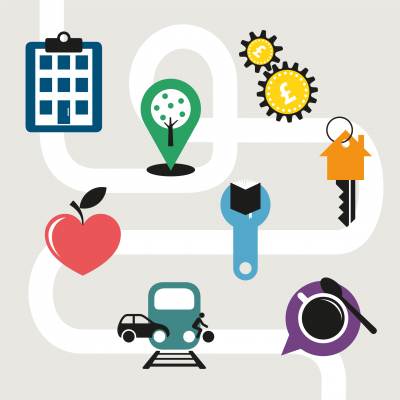Health inequalities

Key stats
A woman born in Wokingham can expect to live 15 more years in good health than a woman born in Blackpool. A man born in Richmond upon Thames can expect to live 17 more years in good health than a man born in Belfast.
This stark inequality is played out in communities around the country, showing that the circumstances in which we live (the wider determinants of health) shape our health. The pandemic has highlighted these inequalities, with people from the poorest areas suffering disproportionately from COVID-19.
In the decade prior to the pandemic life expectancy improvements had stalled, health inequalities were large and growing – between different parts of the UK, and between the most and least deprived areas.
However, these inequalities are not inevitable. Addressing a deep-rooted, society-wide trend of this nature requires action by communities, business and government. This should be accompanied by a whole government strategy to improve health and health equity, with a focus on the wider factors – beyond health care and social care – that influence our health.
Explore the topics
Work with us
We look for talented and passionate individuals as everyone at the Health Foundation has an important role to play.
View current vacanciesThe Q community
Q is an initiative connecting people with improvement expertise across the UK.
Find out more






